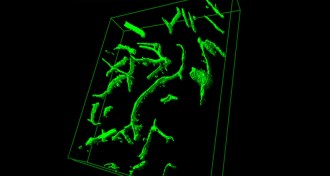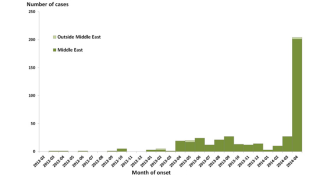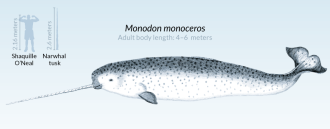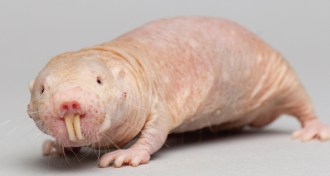All Stories
-
 Health & Medicine
Health & MedicineU.S. patient with MERS virus is on the mend
A man in Indiana does not seem to have spread the potentially deadly respiratory illness.
-
 Health & Medicine
Health & MedicineMassachusetts insurance mandate lowers death rate
Since “Romneycare” was phased in, mortality fell by 2.9 percent.
By Nathan Seppa -
 Science & Society
Science & SocietyPolls don’t identify the real science education problem
Concerns that Americans do poorly when quizzed on factual scientific knowledge don’t address deeper issues of scientific understanding.
-
 Health & Medicine
Health & MedicineMom’s nutrition puts a stamp on baby’s DNA
A new study is the latest in a growing list of how the environment sculpts a person’s epigenome.
-
 Neuroscience
NeuroscienceYoung blood proven good for old brain
Blood — or one of its protein components — restores some of youth’s vibrancy to elderly mouse brains.
-
 Health & Medicine
Health & MedicineMERS outbreak picks up pace in Middle East
As the number of MERS cases increases, researchers race to learn more about the deadly virus carried by camels.
-
 Cosmology
CosmologySee the sky in a different light
An interactive map lets you explore the galaxy with infrared light.
-
 Animals
AnimalsNarwhal has the strangest tooth in the sea
Sometimes called the unicorn of the sea, the male narwhal’s tusk is actually a tooth. Narwhals detect changes in water salinity using only these tusks, a new study finds.
By Susan Milius -
 Physics
PhysicsGravity’s Ghost and Big Dog
Sociologist Harry Collins chronicles the occasionally heated (and often arcane) debates among scientists studying gravitational waves.
-
 Astronomy
AstronomyIlluminating a dark universe
The film "Dark Universe" compresses a century of discovery into a crisp, comprehensible half hour.
-
 Animals
AnimalsHow to milk a naked mole-rat
For the sake of science, Olav Oftedal has milked bats, bears and a lot of other mammals. But a naked mole-rat was something new.
By Susan Milius -
 Health & Medicine
Health & MedicineFirst MERS case found in the U.S.
Patient in Indiana had traveled from Arabian Peninsula, where most of the 463 cases of Middle Eastern Respiratory Syndrome have occurred.